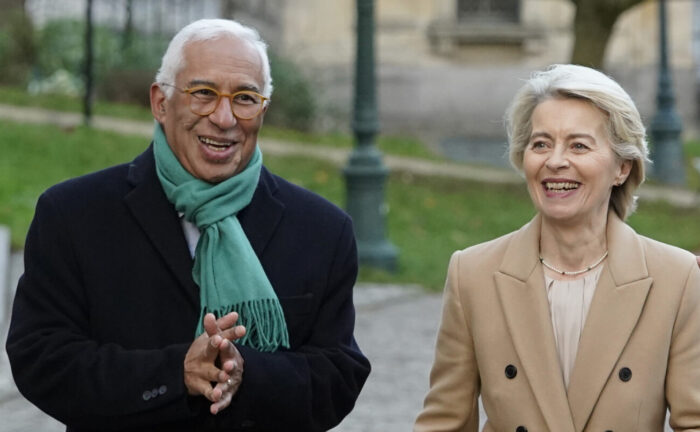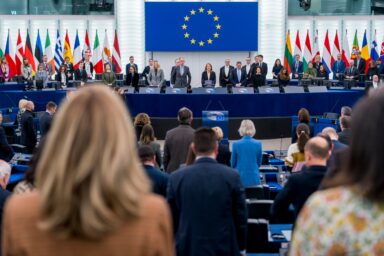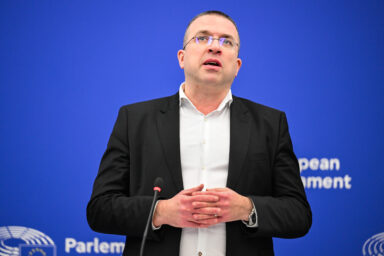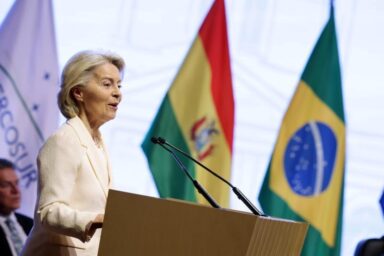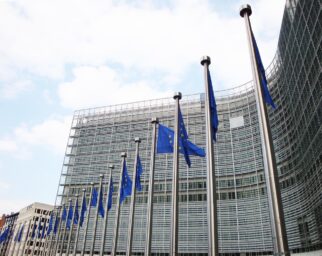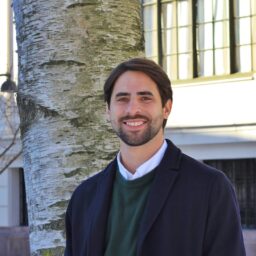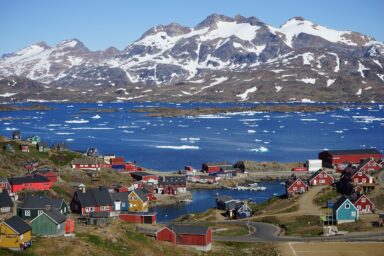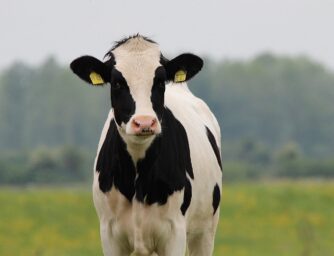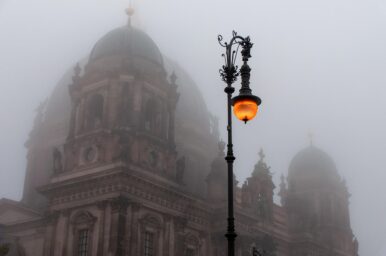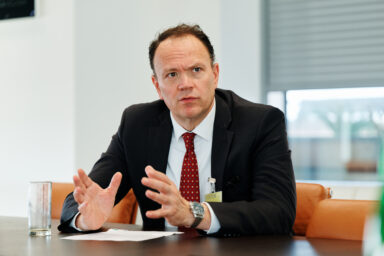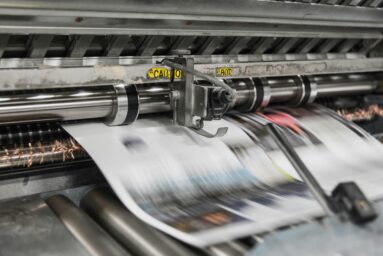Donald Trump has signalled that a postwar security pact for Ukraine could involve US air power, even as European leaders tried their best to project their unity in the face of the ongoing Russian aggression against the war-torn country.
US President Donald Trump made his so far most specific statement on Wednesday as to how he wants to achieve his declared aim of stopping the Russo-Ukrainian war. Having received heavy doses of unabashed flattery by European leaders on Tuesday, he said on Fox News that he might use the formidable US air power to shield Ukraine from further Russian attacks.
“When it comes to security, the Europeans are willing to put people on the ground,” the US president told Fox News on Wednesday morning US Eastern time. However, his statements fell short of a binding pledge.
Rough situation
“We’re willing to help them with things, especially, probably talk about by air, because there’s nobody [who has the] kind of stuff we have.” Mr Trump warned Russian leader Vladimir Putin that Russia faced a “rough situation” if he refused to co-operate, while urging Ukrainian President Volodymyr Zelensky to “show some flexibility”.
Our top priorities are to stop the killing, advance the exchange of prisoners, and secure the return of the thousands of children abducted by Russia. – António Costa, President of the Council of the EU
The remarks followed a diplomatic push by Mr Trump, including last week’s Alaska summit with Mr Putin and Monday’s White House talks with Mr Zelensky and European leaders. The US president insisted Ukraine would not join NATO but said European powers—singling out France, Germany and Britain—would lead security efforts. “Ukraine is not going to be a part of NATO, but we’ve got the European nations, and they’ll frontload it,” he said. Russia, however, reiterated its opposition to Western troops in Ukraine.
‘Unwavering support‘
European leaders sought to project resolve. António Costa, President of the European Council, declared after a call with Mr Zelensky that the EU’s “unity and unwavering support for Ukraine” remained firm. “Our top priorities are to stop the killing, advance the exchange of prisoners, and secure the return of the thousands of children abducted by Russia,” he said.
Mr Costa added that Brussels would collaborate with Washington on “concrete and essential security guarantees”. He stressed that Ukraine’s EU membership bid was central to its future prosperity.
You might be interested
Ursula von der Leyen, European Commission President, echoed this stance. “The EU firmly supports the Ukrainian people and President Zelensky,” she said, noting that leaders had discussed progress on sanctions, security guarantees and repatriating abducted children. “As a first step, Russia must immediately end the violence,” she added. Ms von der Leyen emphasised that Ukraine would dominate EU agendas in coming months as the bloc pursues a “just and sustainable peace”.
No problem?
Mr Trump’s air-support suggestion marked his clearest commitment yet, though details remain vague. His comments contrasted with Monday’s vaguer pledge that “European nations are going to take a lot of the burden” of securing Ukraine. The White House summit yielded no breakthroughs on territorial disputes or ceasefire terms. Moscow’s demand for Kyiv to cede occupied regions—including areas Russia hasn’t captured—remains a sticking point.
I don’t think it’s going to be a problem. — US President Donald Trump
European officials privately acknowledge the fragility of the diplomatic momentum. But public messaging stressed cohesion. Mr Costa said the EU and US would jointly prepare “next steps to achieve a just and lasting peace”, while Ms von der Leyen cited “close cooperation” with Washington.
For now, the spectre of Western troops in Ukraine—whether on the ground or in the air—hangs over talks. As Mr Trump put it: “I don’t think it’s going to be a problem.” Moscow’s reaction suggests otherwise.
